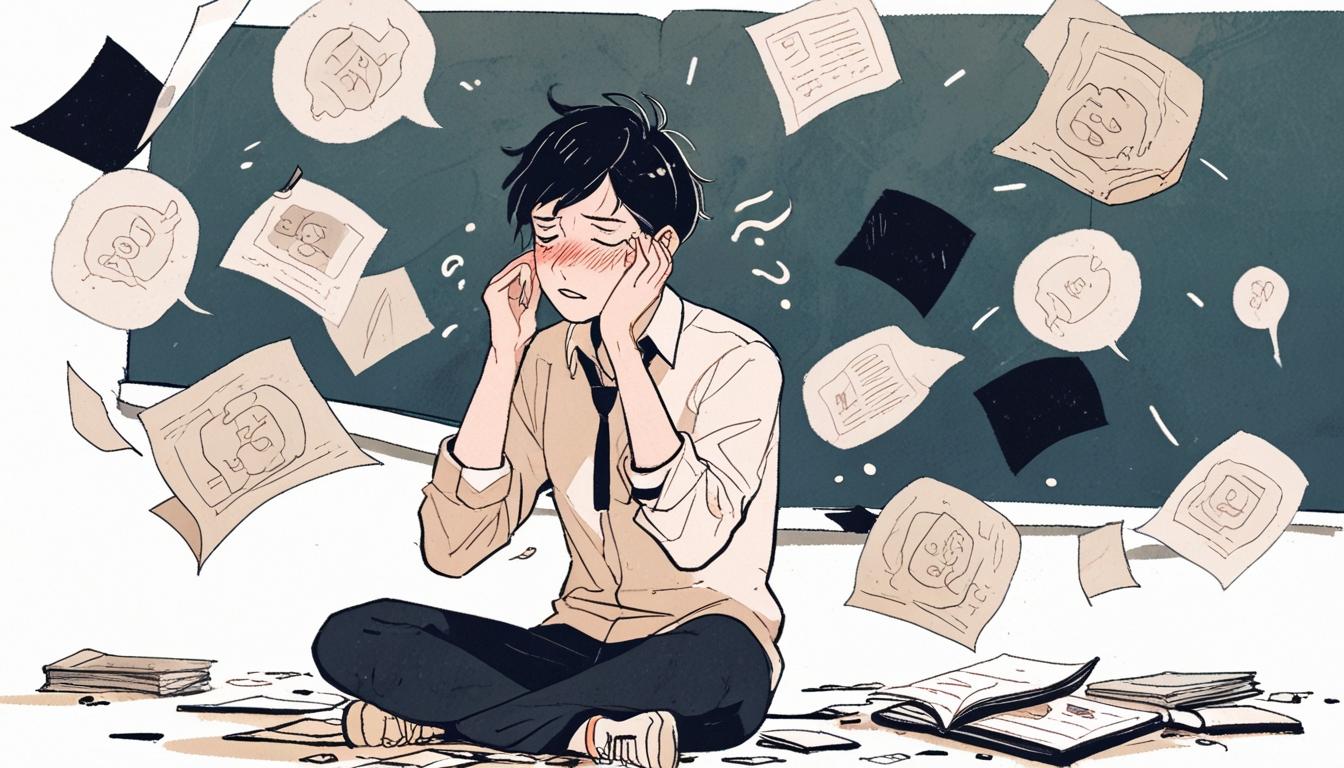A recent post on the anonymous social media page ‘Dunfess’, which allows students at Dundee University to share confessions, has sparked discussions surrounding the use of artificial intelligence tools, particularly ChatGPT, among students. Posted on April 30, 2025, the confession expresses concerns over an increasing dependency on such AI technologies for writing essays, emails, and more. "I'm having an issue lately," the student wrote. "Chat GPT its [sic] becoming a crutch. I’m using it for essays, emails, texts. Constantly second guessing myself in how I write stuff and asking AI to write it for me."
The poster went on to inquire if the university offers any support for students struggling with this reliance, admitting to feeling “genuine anxiety” when attempting to write without the input of ChatGPT.
The context in which generative AI tools like ChatGPT are used in academia has rapidly evolved since their introduction. Many students view them as not just facilitators for cheating—an anxiety often associated with AI in educational environments—but rather as practical tools for checking their work. The article suggests that such usage mirrors traditional practices where students would exchange assignments for peer feedback, an activity typically regarded as beneficial to the learning process.
Post-pandemic, students have faced unique challenges, including a decrease in social confidence and disruptions in their educational experiences. The observer noted that, “for many students, particularly post-Covid… ChatGPT is a low-stakes, instant, free way to get [feedback].” The accessibility of this AI resource provides an immediate avenue for reassurance and improvement in their writing.
However, this reliance raises valid concerns regarding the potential erosion of critical thinking skills. The article articulates a growing fear that heavy dependence on generative AI could inhibit students’ ability to engage independently with their ideas. "Why think for yourself when the robot in your pocket can think for you?" the observer reflects. This phenomenon parallels the broader impact of technology on cognitive skills, such as mental arithmetic, where calculators have largely supplanted traditional calculations.
In addressing the developmental needs of contemporary students, the commentary highlights that many young people were disadvantaged by substantial interruptions to their education during the Covid-19 pandemic. They may have managed to secure grades sufficient for university entry, yet this does not equate to mastery of comprehensive learning. Experiential learning opportunities—such as debates and collaborative projects—were risked, leaving a gap in essential skills necessary for effective communication and independent thinking.
In an intriguing turn, the article also explores ChatGPT's own perspective on its influence on writing skills. After a series of questions posed to the AI regarding its impact, ChatGPT elucidated that while it can enhance writing by providing feedback and modelling structure, excessive reliance on it could hinder critical faculties and diminish individual voice.
Ultimately, the discourse encapsulates a significant contemporary dilemma facing students: balancing the benefits of innovative technologies with the imperative of nurturing independent thought and creativity. As academic institutions grapple with these issues, effective support systems and discussions regarding the strategic use of AI resources like ChatGPT will likely become increasingly essential in higher education.
Source: Noah Wire Services
